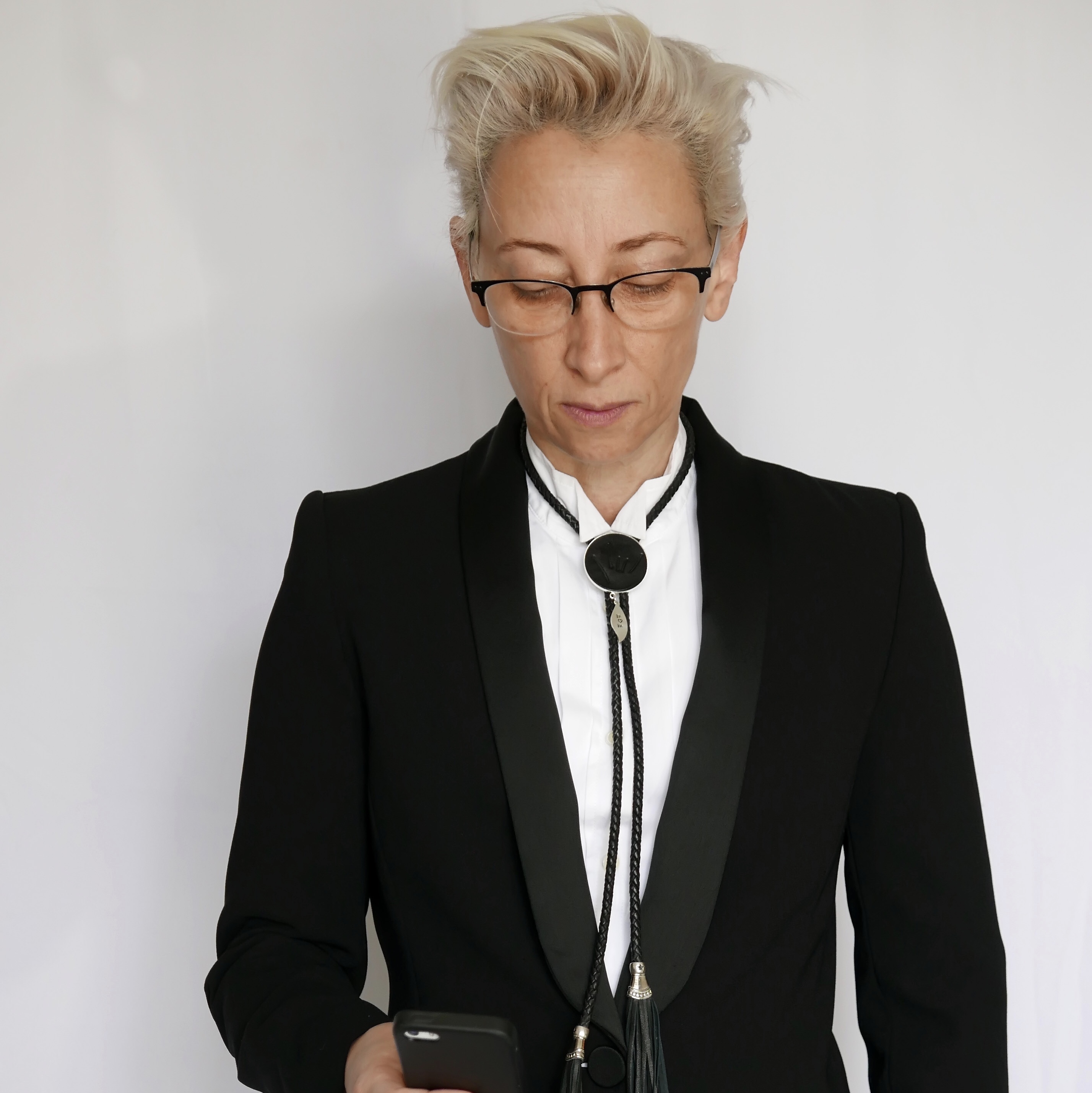Korach and Jealousy
- Natti Natti

- Jun 22, 2014
- 3 min read
Updated: Dec 9, 2023
a commentary on Parshat Korach, Numbers 16:1-18:32
The rabbis were very threatened by Korach, the lead in our story this week. He represented the most serious rebellion against Moses’ authority in the wilderness, as he and his followers challenged Moses and Aaron: “You have gone too far! For all the community are holy, all of them! And Hashem is in their midst. Why do you raise yourselves above the congregation of Hashem?” The rabbis saw themselves as the successors to Moses as community leaders – a threat to Moses was very personal. Should Moses and Aaron have been immune to criticism?
No leader, no individual, is so perfect that they are beyond questioning. To the rabbis, however, Korach’s accusations were not an example of a noble disagreement, a controversy for the sake of heaven. They point to this week’s parsha as the only known instance in human history where one side is 100 percent right and the other is 100 percent wrong. So what was Korach’s problem anyway? According to Rashi, he was jealous. If the Israelites are all a priestly and holy people, why can’t every Israelite offer sacrifices? It’s not fair! How many times have we each looked at what others enjoy – personal qualities, physical attributes, material resources – and had the same thought, “It’s not fair. I want that, too”? Jealousy of others can prevent us from enjoying our own success and blessings. The 10th commandment warns us against this most debilitating preoccupation with wanting that which belongs to others.
Moses himself experienced jealousy when God spoke privately with Joshua for the first time. At the conclusion of that conversation, Moses begged to know: “What did God say?” When he became conscious of his jealousy, he began to be reconciled to his own death, which he preferred to a life of feeling jealous. Such a sad thing to live with, a sense of dissatisfaction. Rabbi Naftali of Ropshitz suggests that this is the way of the argumentative and of those who instigate disputes: Whatever a righteous person does, they will always complain and find fault in their conduct. It is human nature to complain. Our Jewish spiritual practice of blessings is designed to move us constantly from the place of whining to the place of gratitude.
I recall visiting soldiers in Abu Ghraib, Iraq, in the spring of 2005. The environment was beyond austere and the morale was devastated. A 20-minute ride on a Blackhawk transported me to the presidential palace in the green zone. Shortly after my arrival, a soldier complained that his feet hurt from walking on the marble floors all day long. There is always something to complain about. Since the tradition tells us that there will never again be a moment when one side is completely valid and the other completely wrong, when we find ourselves in an argument, it behooves us to stop and question our own motives and perspective. Part of the process of maturation is coming to peace with our own imperfection. Rabbi Harold Kushner teaches that the four holiest words in the English language are “I may be wrong.”
When Moses hears Korach’s words, he falls on his face. Commentators suggest that he needed to take a moment to look within before responding, to honestly examine whether there was, perhaps, some merit in these accusations. We learn from Pirkei Avot to give each other the benefit of the doubt. The story of Korach is a tragic reminder of the negative impact one person can have on an entire community, and of the power of words to do harm. If we could be less jealous, more appreciative, more reflective on our own role in creating and sustaining controversy, if we could express our concerns with love and care rather than jealousy and judgment, we could bring about a kinder and more peaceful world for all to enjoy.
Tags: Abu Ghraib, jealousy, Joshua, Korach, Moses, Rabbi Harold Kushner,



Comments